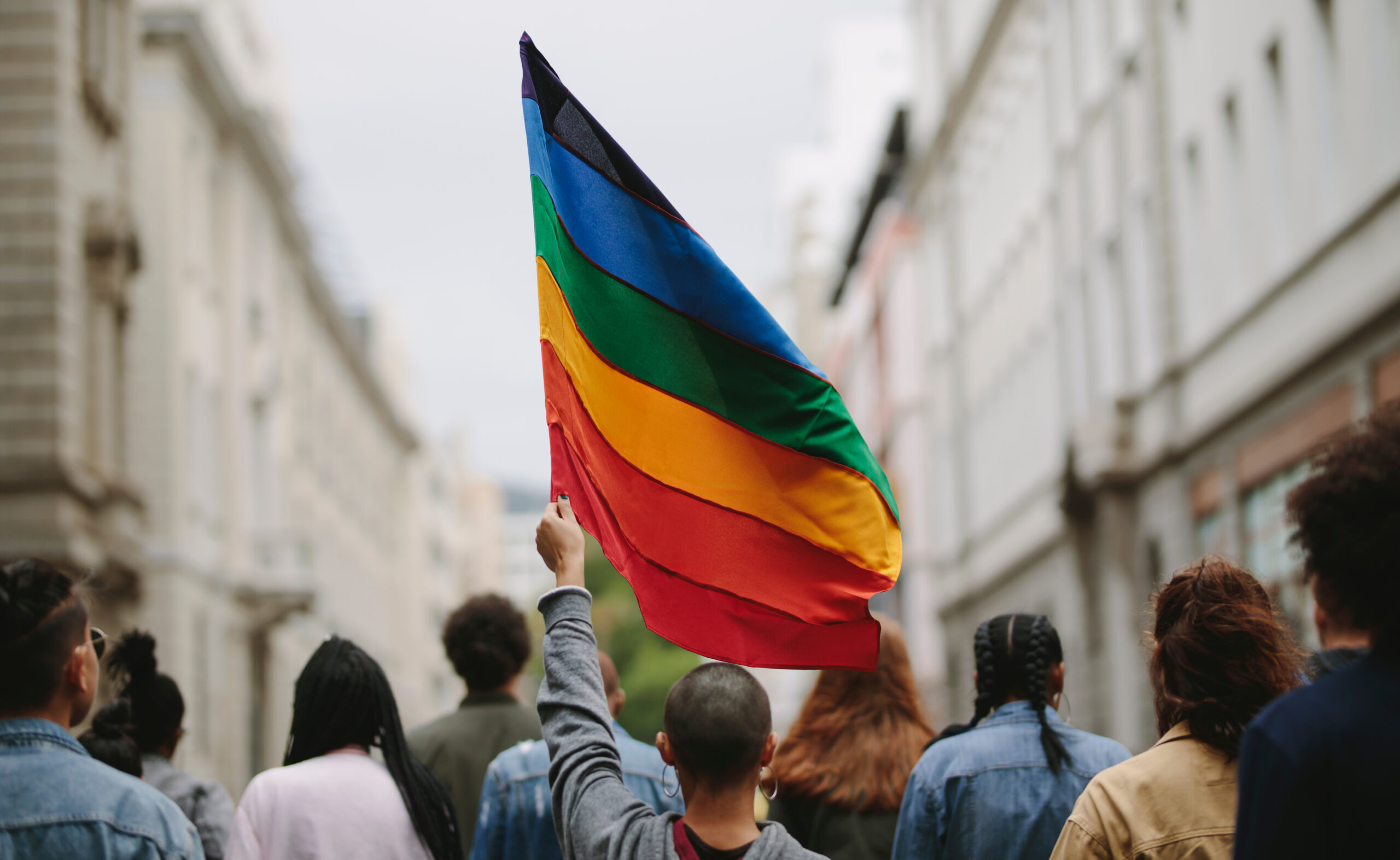June is Gay Pride Month, and parades and other events will celebrate it in metropolitan areas around the world. For the first time, however, the U.S. State Department has issued a Worldwide Caution against the “increased potential for foreign terrorist organization-inspired violence against LGBTQI+ persons and events.”
In light of this, how can you help keep all attendees safe, especially LGBTQI+ individuals, at a meeting or event overseas?
For answers, Smart Meetings turned to Kevin Coffey, a meeting and travel risk trainer. Coffey worked for the Los Angeles Police Department for 25 years, where he investigated crimes against travelers at Los Angeles International Airport (LAX), hotels, and meeting and event venues.
Although the State Department has issued many advisories and alerts in the past, this one is different, Coffey says. “What’s unique is, this is the first time a Worldwide Caution has specifically listed the LGBTQI+ population as a potential target. So, I think it’s important that people just don’t blow it off,” he says.
Read More: Today’s Best Practices for Visas and International Travel
Coffey notes it was just a year ago, in mid-June, that Austria’s intelligence agency thwarted an Islamist terror attack on Vienna’s annual gay pride parade. And eight years ago, in Orlando, Florida, 49 people were killed in a mass shooting at Pulse, a gay nightclub.
Meeting profs always need to do risk due diligence, he says, but never more so than now. He recommends starting with the page on the State Department website that has guidance and tips specifically for LGBTQI+ travel. The site also highlights travel conditions in specific countries. “Go to that country page and look at local laws and special circumstances,” he continues.
“I also want planners to look at the same advisories from Canada, the U.K. and Australia, because they will sometimes contain different information. It’s very interesting. Some of them are a bit freer with their commentary about safety. We’re sometimes more reserved,” he says, adding it’s also important to keep in mind that the risk assessment for LGBTQI+ travel in a particular city can be very different from that in other areas in the same country.
Next, he strongly advises planners to tell their attendees to register for the State Department’s Smart Traveler Enrollment Program (STEP) to get emails and text messages for alerts. “If there’s an earthquake or a significant safety event, you’re going to get that information. And it lets them know where U.S. citizens are,” Coffey says. “If you’re a foreign citizen, you go to your own country’s equivalent.
Read More: Coordinating International Travel: What to Look Out For
“Now this is the interesting part. Planners can also register their attendees as a group. I don’t care if you’re going to Turks and Caicos or Jamaica for an incentive or wherever, we should always be registering with the State Department. Unfortunately, it’s hardly ever done.”
He also urges following the State Department’s pages on Facebook and X which are updated frequently with alerts and other safety concerns.
Coffey thinks reaching out to the CVB or DMO in your overseas destination can yield important safety information, as well. “We know they’re trying to bring in your business, but just ask if there have been any unique or recent safety concerns, especially if those have impacted members of the LGBTQI+ community.”
The local CVB can provide guidance on specific neighborhoods or streets to avoid altogether or at certain times of the day. “We all know that when the sun goes down, risk changes in many areas of major cities around the world,” as Coffey puts it. “So, if you’re going to promote clubs or attractions in these areas, you need to consider a caution about safety and security in the nighttime, so they’re not out walking around.”




